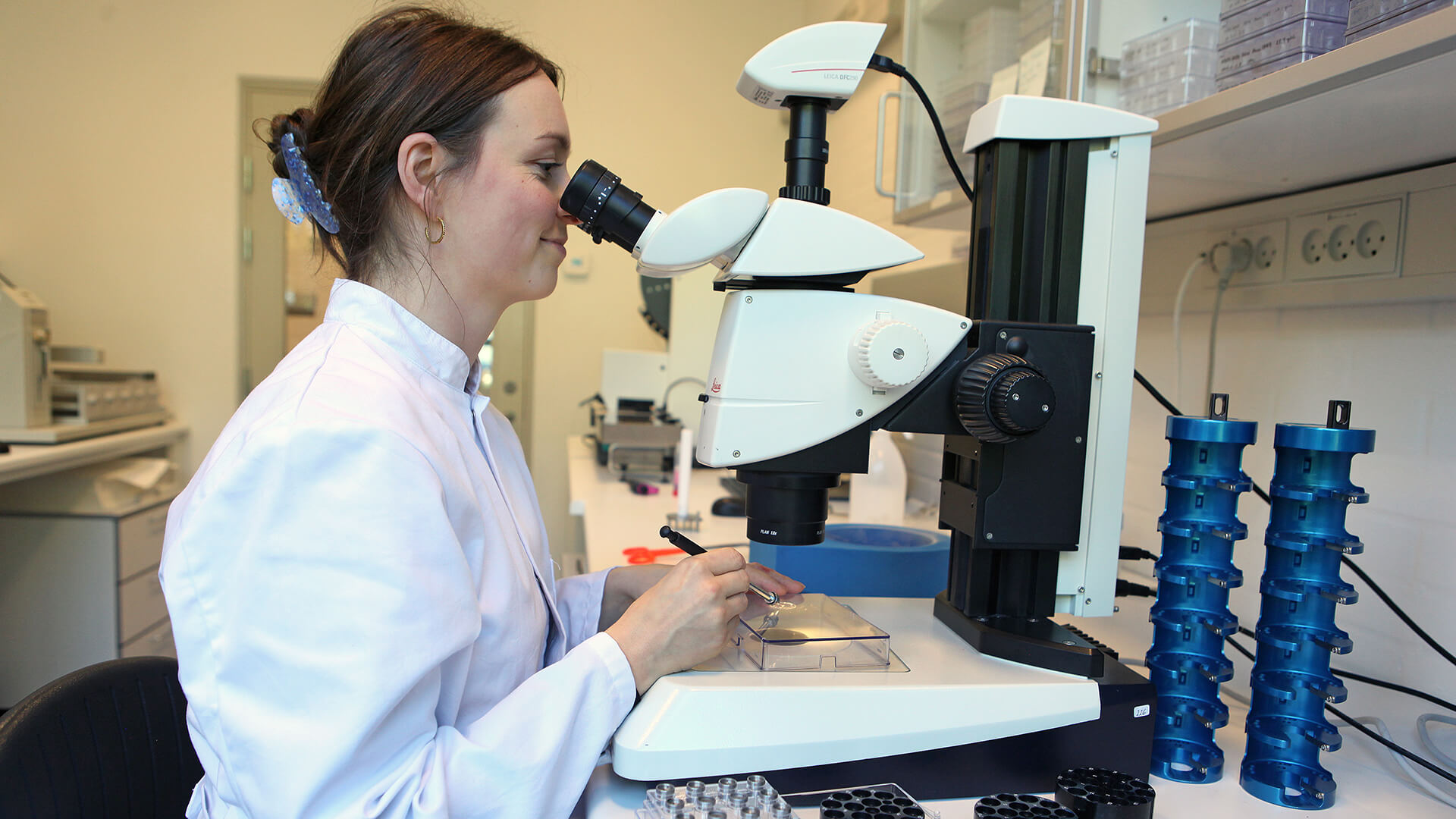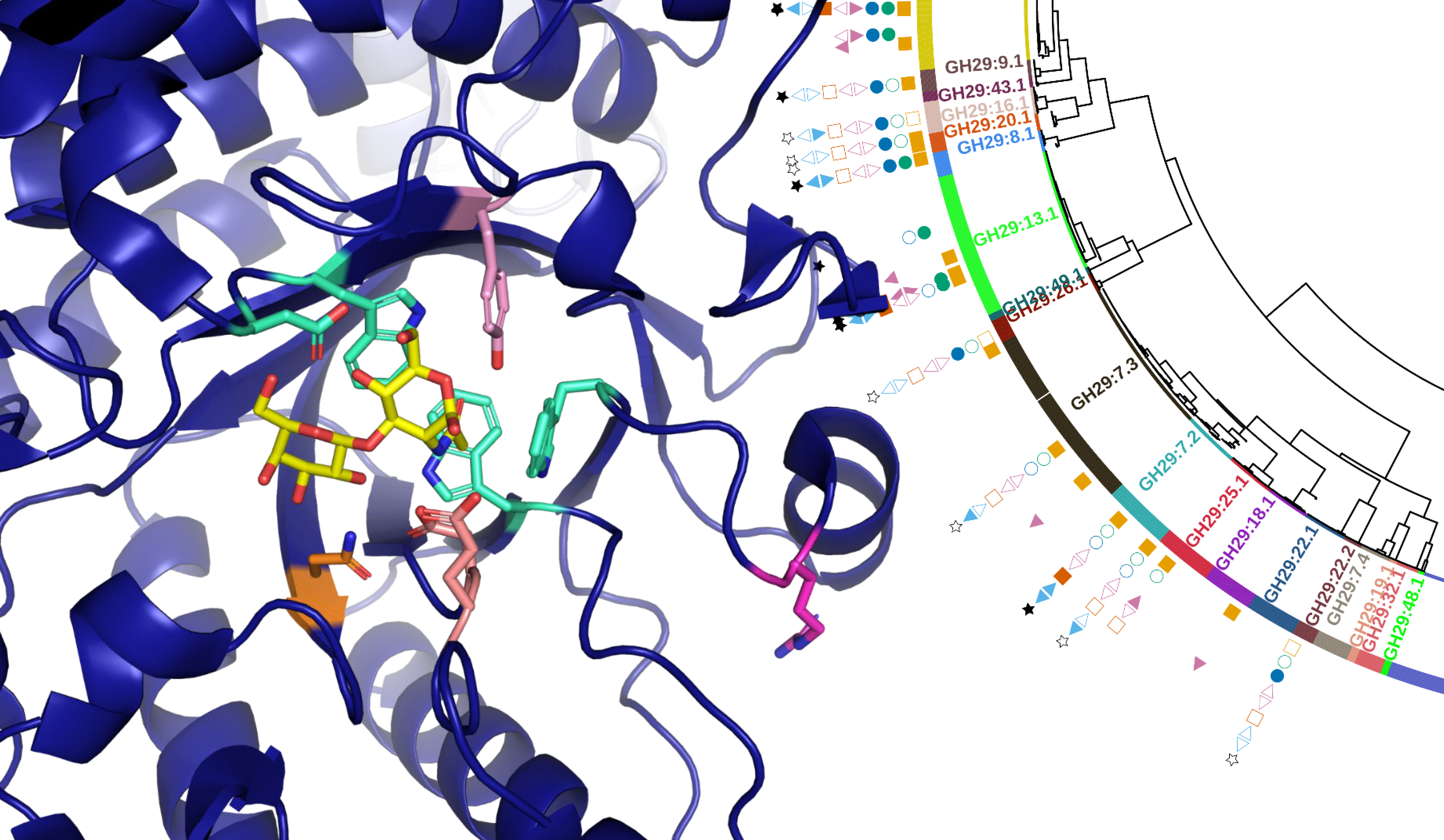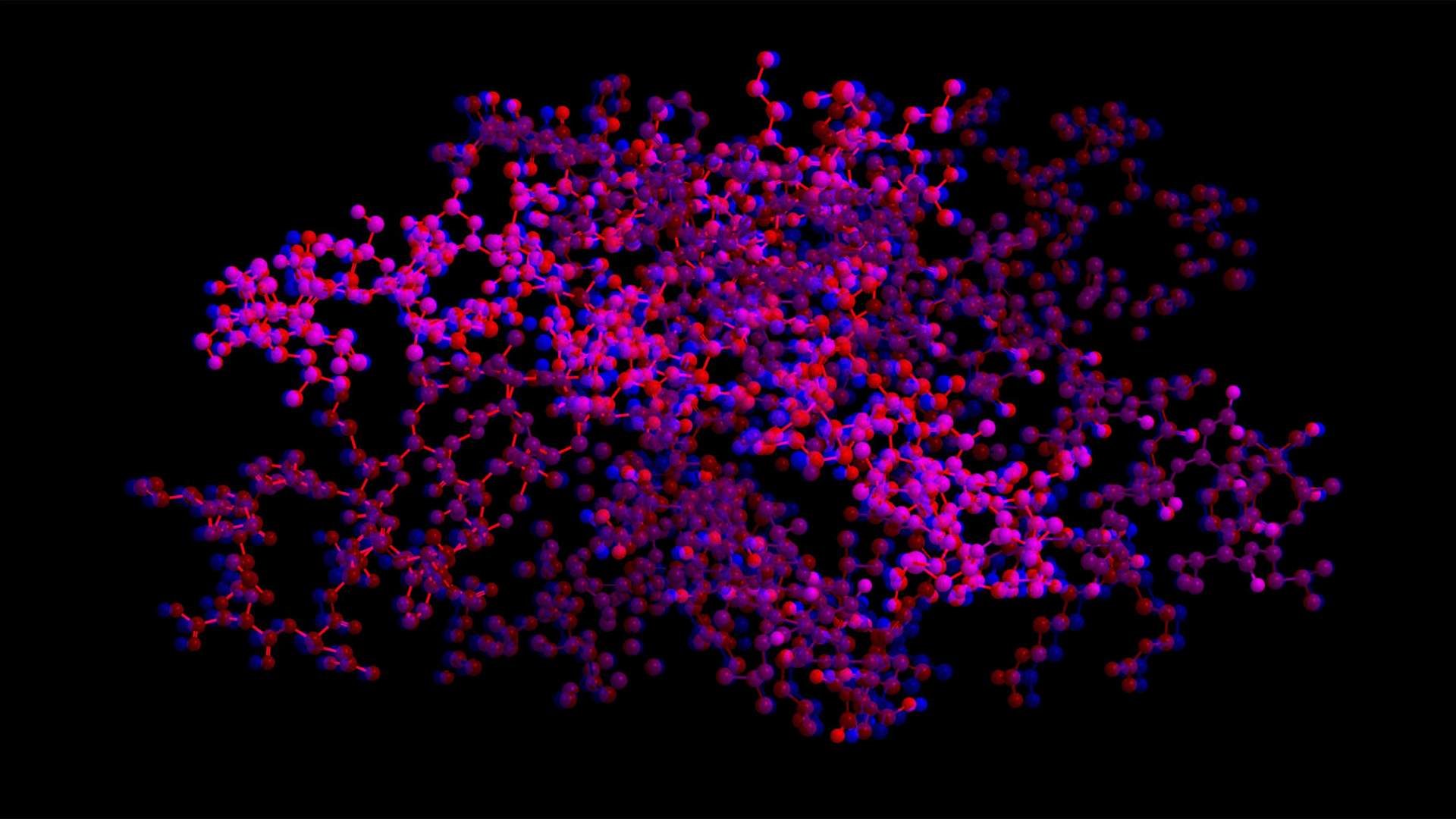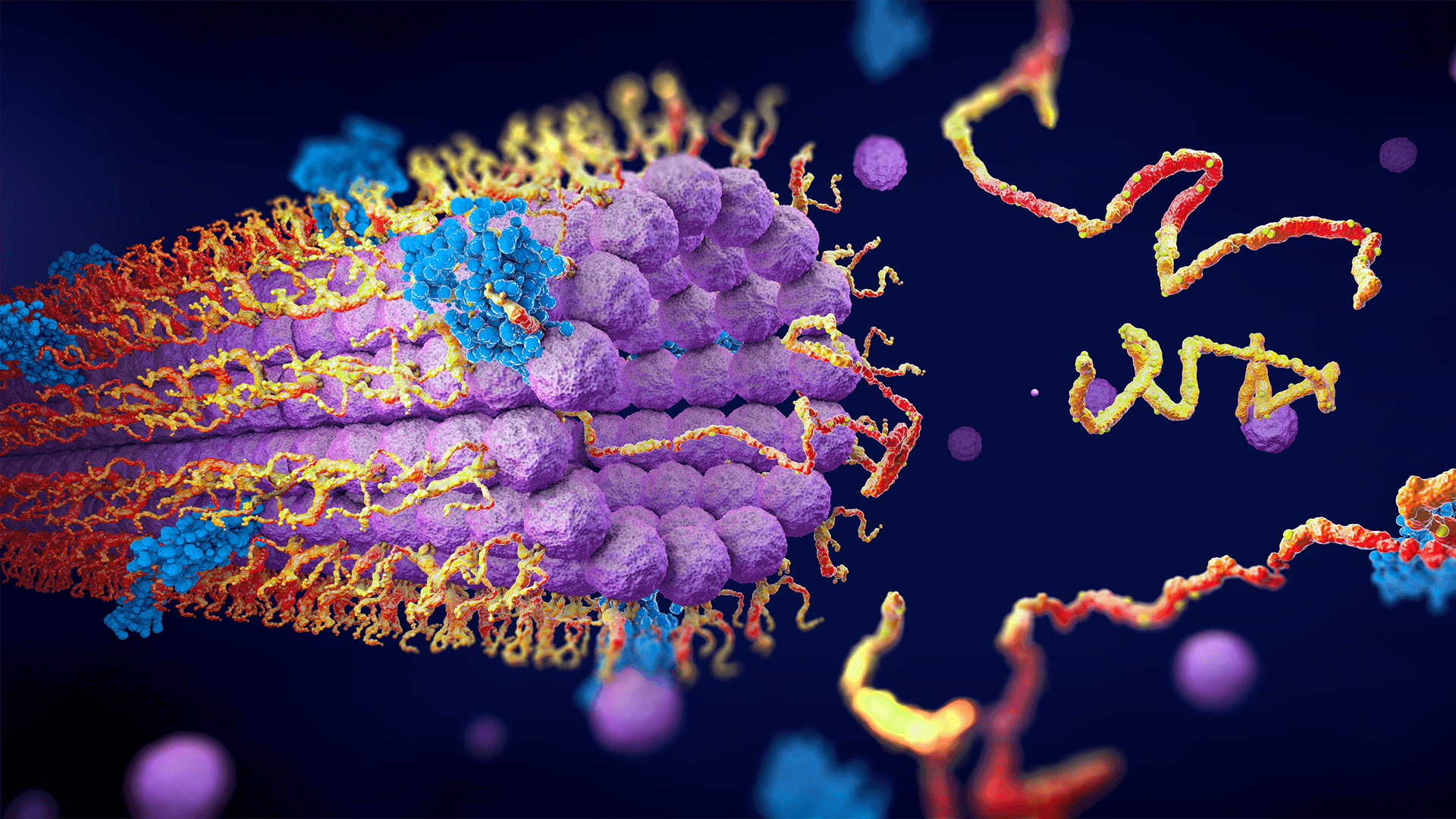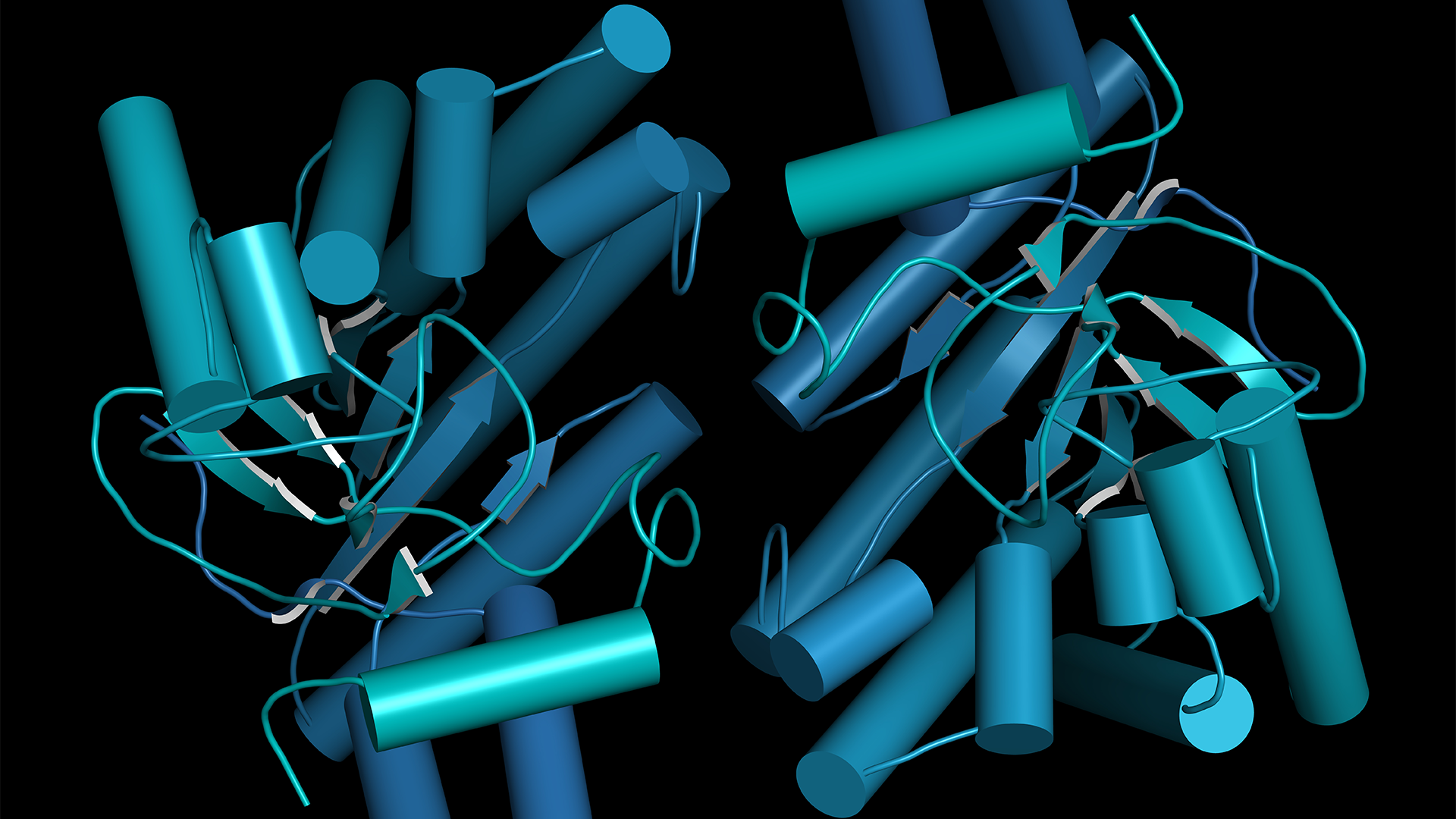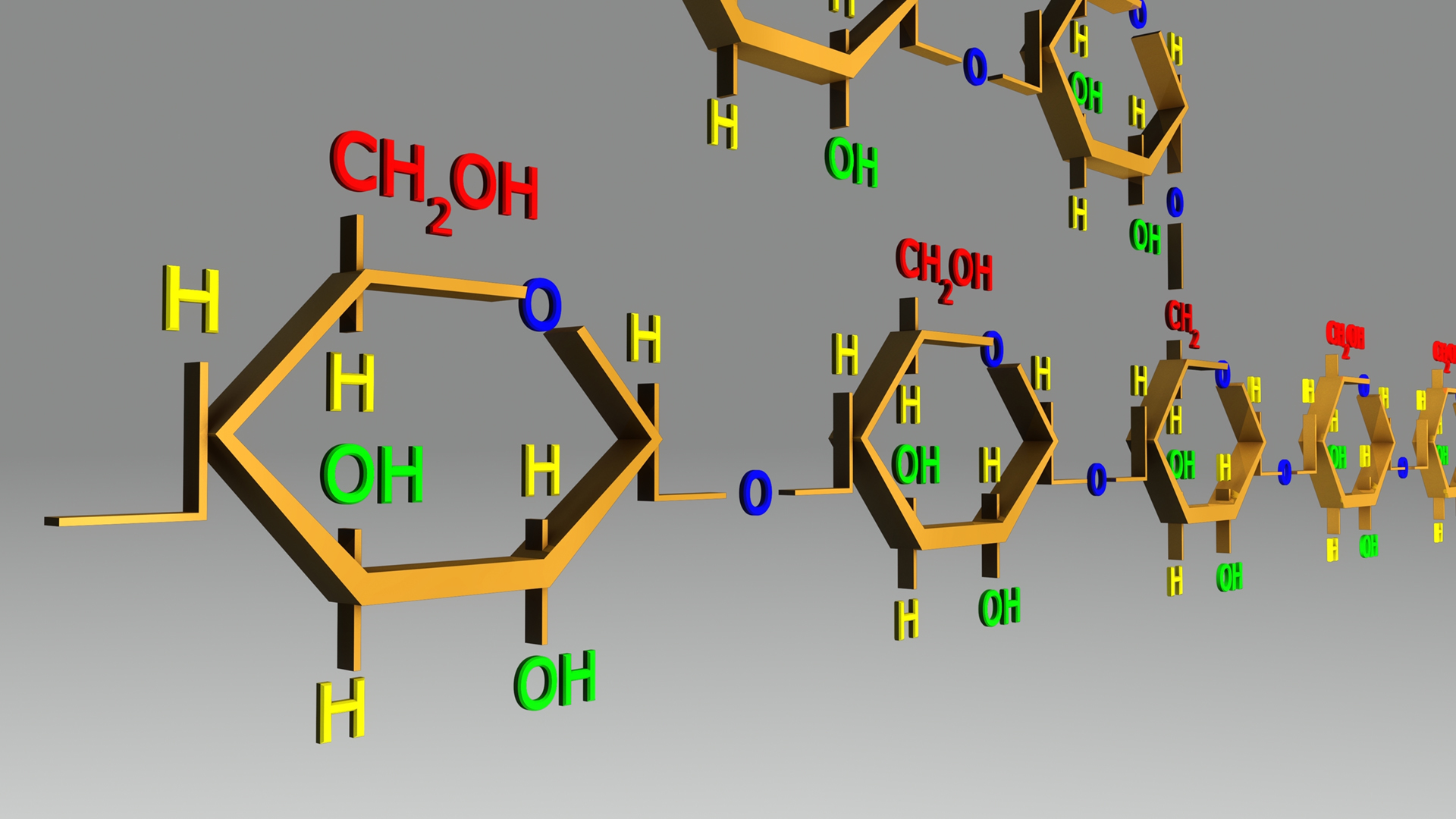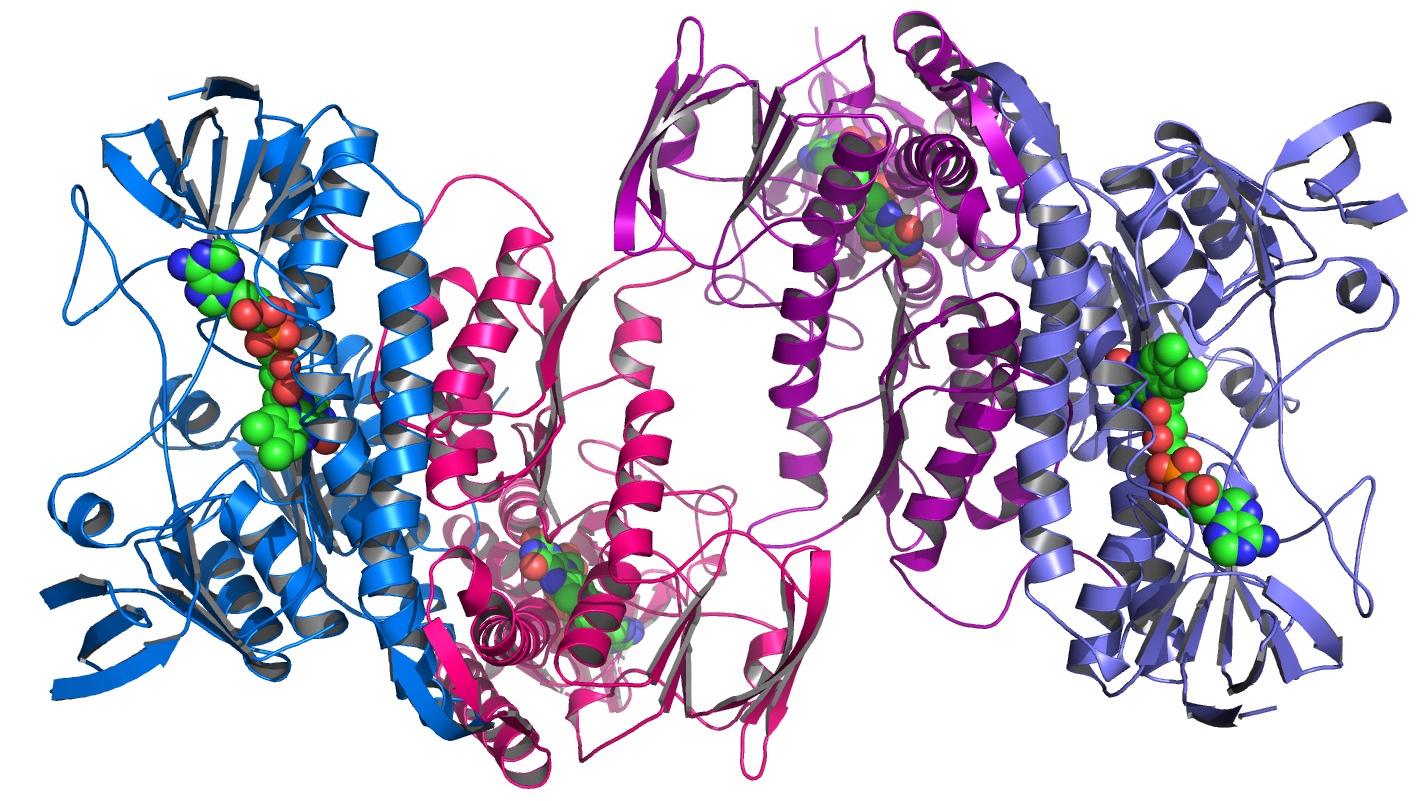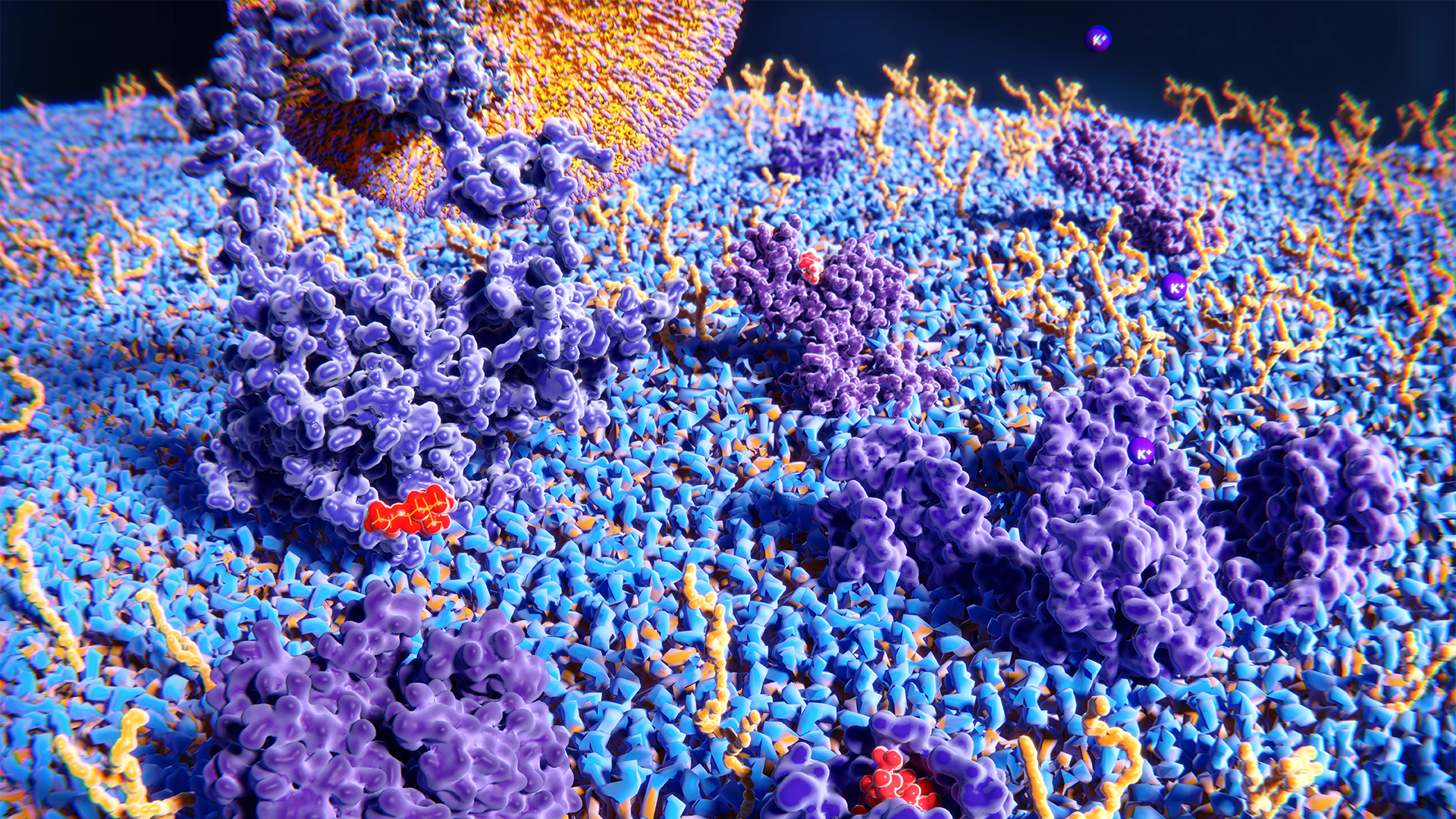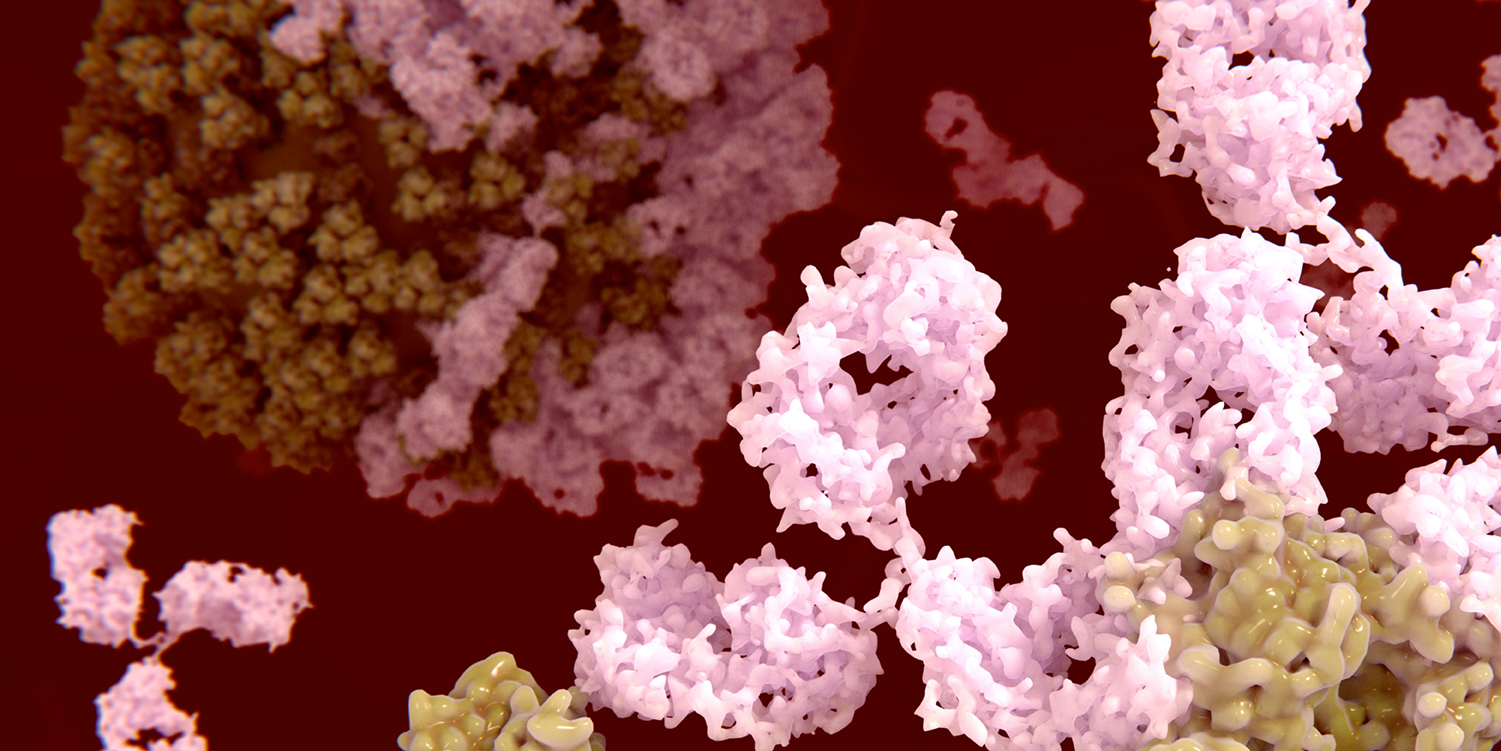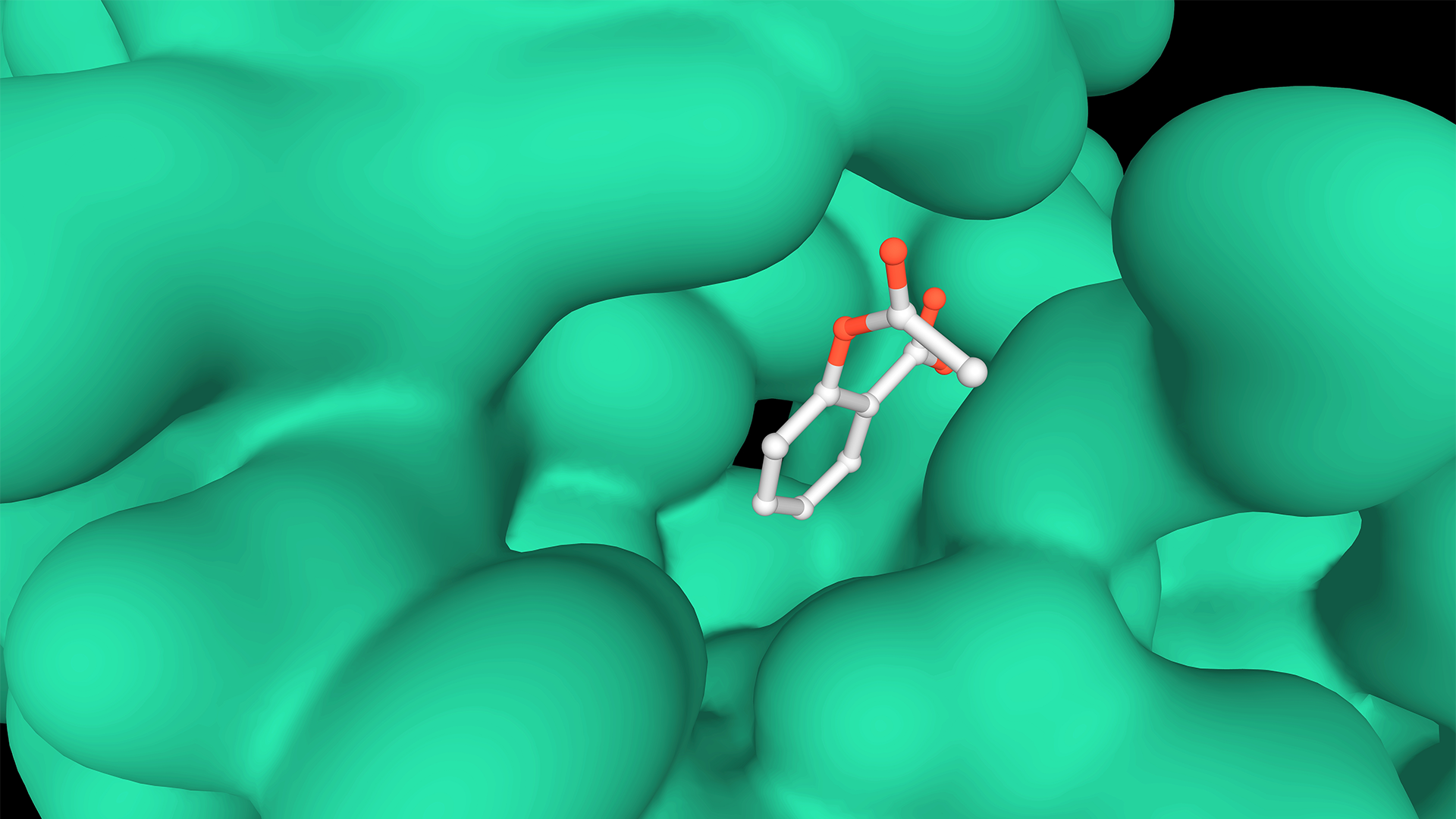Section for Protein Chemistry and Enzyme Technology
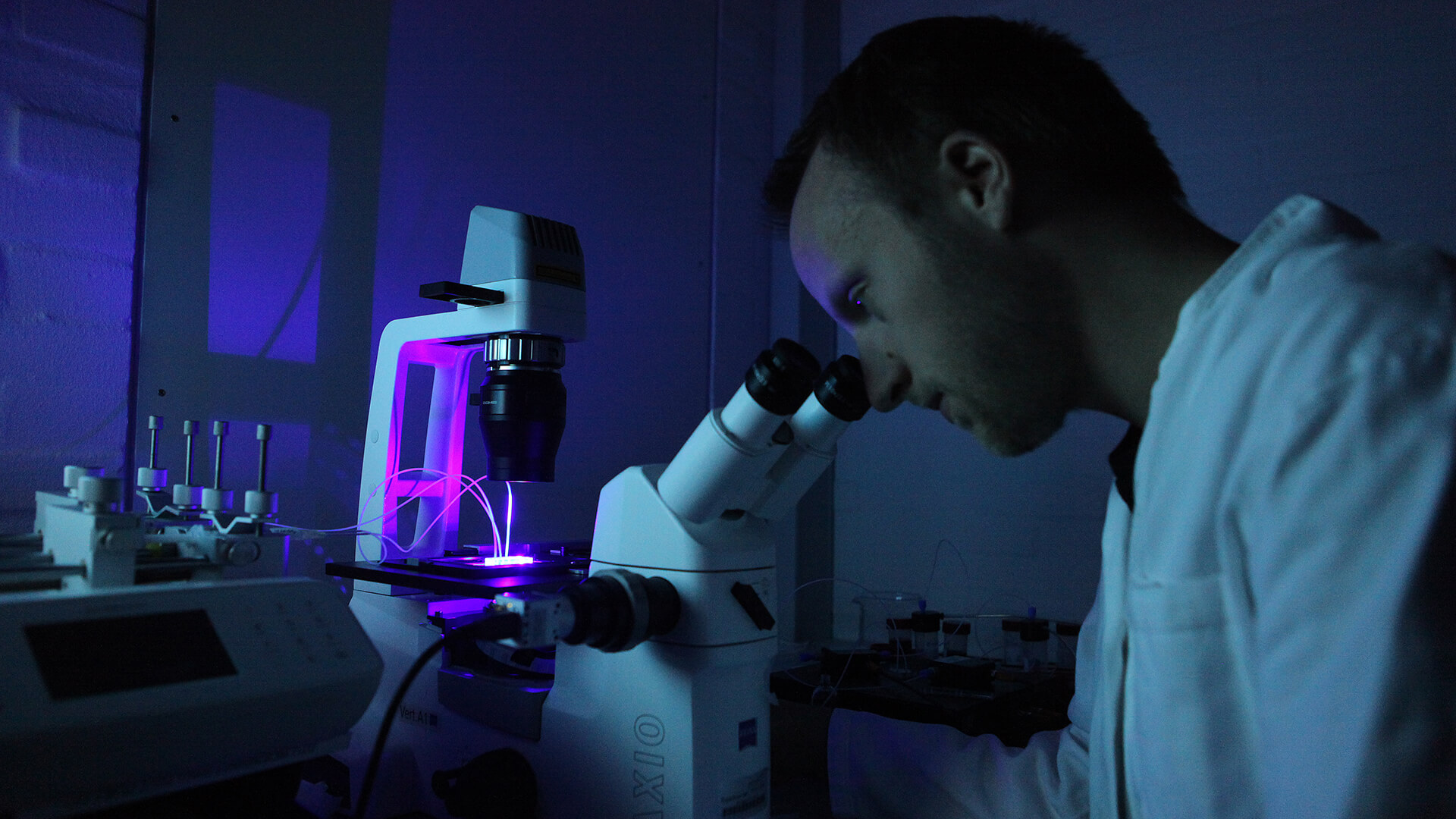
The research in Section for Protein Chemistry & Enzyme Technology aims to attain new knowledge within protein- and enzyme-structure function relations, enzyme-substrate interactions, biocatalytic mechanisms, conversion of energy relations and kinetics, and on enzyme-protein robustness and stability.
Proteins are critically important for many functions in living organisms, and enzymes are essential catalysts for all chemical reactions in biological systems. Enzymes are also used in many industrial processes. Hence, enzyme function plays a fundamental role in both biology and technology, and the understanding of how enzymes work has significant fundamental and practical importance. Enzyme and protein technology is in particular becoming increasingly important in the growing global bioeconomy.
The ability of an enzyme to catalyze a given reaction depends on molecular recognition and the catalytic power of enzymes is a result of their catalytic machinery, mechanism, structural plasticity, reaction energetics and electrostatics. The understanding of how enzymes foster catalytic speed is key to understanding biological processes and improve enzymes for biotechnology applications.
A fundamental understanding of enzyme mechanisms, enzyme catalysis kinetics, reaction trajectories, reaction energy reorganization profiles, enzyme protein robustness, and structure-function relations is thus required to target and control the catalytic action of enzymes. When desirable and possible this understanding is also a key prerequisite for improving the catalytic activities of enzymes in (new) biotechnological applications.
To provide new knowledge, new proteins and enzymes, and new products via enzyme catalysis processes and targeted molecular interaction strategies.
Head of Section
The research aims are to provide new knowledge, new proteins and enzymes, and new products via enzyme catalysis processes and targeted molecular interaction strategies. We promote the use of the most contemporary and advanced tools and instrumental methods and focus on collaboration, creativity, and structured supervision and mentoring.
Our research benefits society by providing new insight and technology options for sustainable products fabrication such as biorefinery targets, functional food ingredients, and new biomedical molecules.
